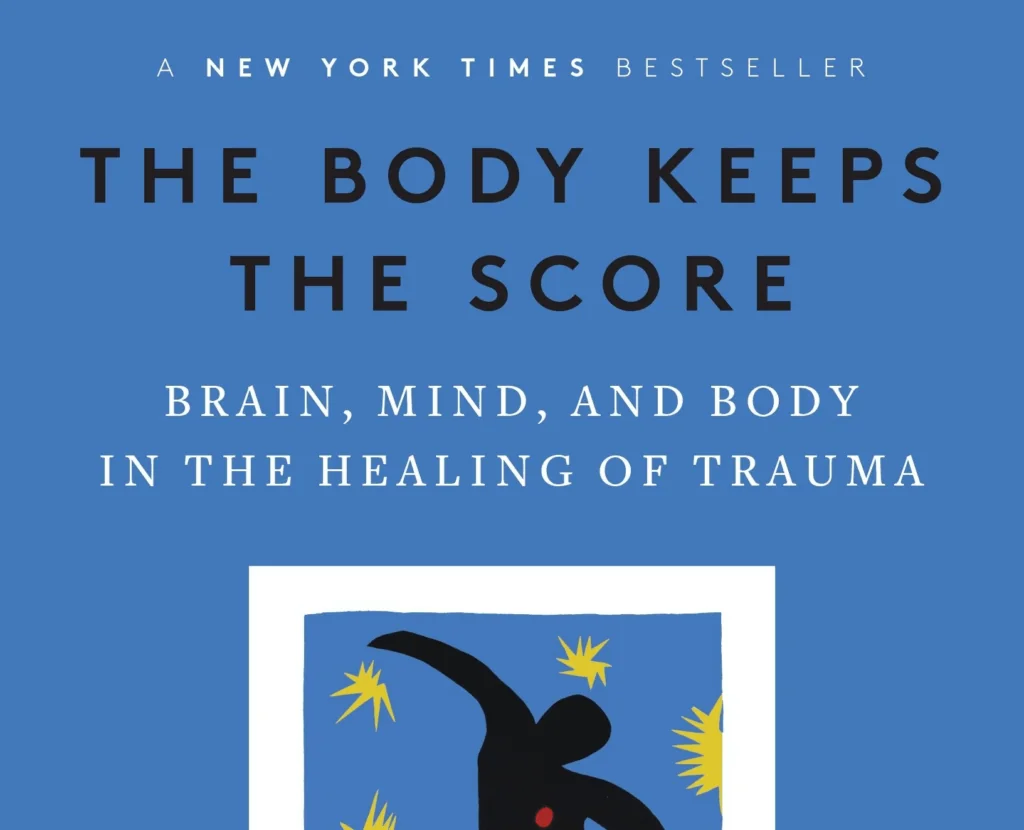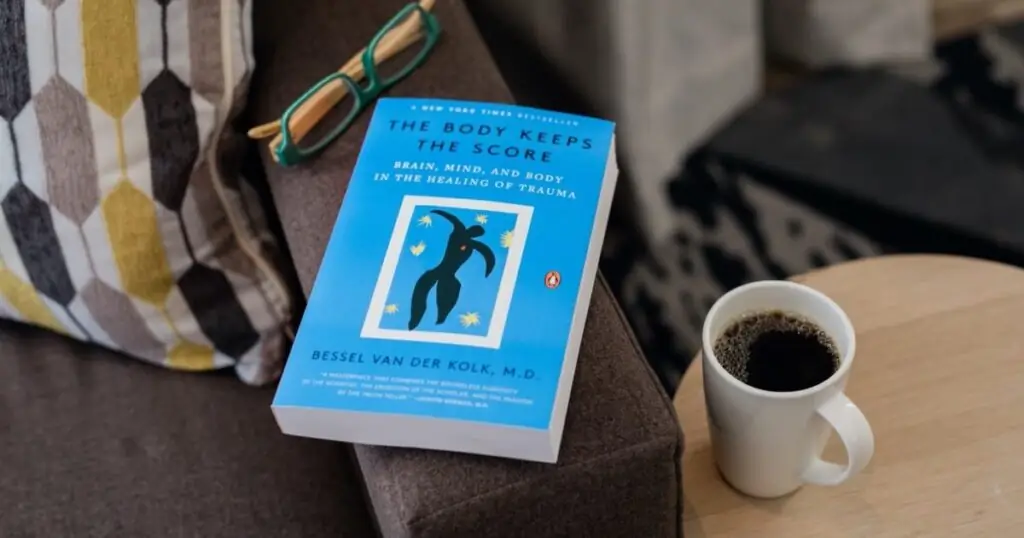“The Body Keeps the Score: Brain, Mind, and Body in the Healing of Trauma” by Bessel van der Kolk is a seminal work published in 2014 that delves into the complex effects of trauma on the mind and body. The book synthesizes decades of research and clinical practice to explain how trauma reshapes both body and brain, compromising sufferers’ capacities for pleasure, engagement, self-control, and trust.

✅ AI Essay Writer ✅ AI Detector ✅ Plagchecker ✅ Paraphraser
✅ Summarizer ✅ Citation Generator

Overview
Van der Kolk explores various aspects of trauma, including its manifestation in the body, the role of the brain in processing traumatic experiences, and the impact on individual emotions and relationships. He also critiques traditional methods of treatment and offers insights into innovative therapeutic approaches that engage the whole person rather than focusing solely on the mind or the symptoms.
Summary of Key Points
The Nature of Trauma: The book begins by defining trauma and explaining how it differs from ordinary stress. It impacts individuals’ ability to cope with everyday life, causing them to remain stuck in a state of fear, hyperarousal, or shutdown.
The Brain on Trauma: Van der Kolk details how trauma affects different parts of the brain, including the amygdala, hippocampus, and prefrontal cortex. He explains how trauma alters the brain’s function and structure, leading to difficulties in processing memories, regulating emotions, and relating to others.
The Body’s Response: The author illustrates how trauma manifests physically, leading to chronic pain, autoimmune diseases, and other health issues. He emphasizes that addressing bodily symptoms is crucial in treating traumatic stress.
Paths to Recovery: Van der Kolk introduces various treatment modalities that have proven effective in healing trauma. These include eye movement desensitization and reprocessing (EMDR), yoga, neurofeedback, and psychomotor therapy. He advocates for treatments that help patients reclaim ownership of their bodies and experiences.
Implications for Society: The book also touches on how trauma affects communities and societal structures, highlighting the importance of understanding and addressing trauma to foster healthier societies.

Insights
Van der Kolk’s work is groundbreaking in its holistic approach to understanding and treating trauma. He underscores the connection between mind, brain, and body, advocating for integrated treatment approaches that facilitate recovery by helping individuals feel safe in their bodies, regulate their emotions, and reconnect with others.
Notable Quotes
- “Trauma results in a fundamental reorganization of the way mind and brain manage perceptions. It changes not only how we think and what we think about, but also our very capacity to think.”
- “The body keeps the score: If the memory of trauma is encoded in the viscera, in heartbreaking and gut-wrenching emotions, in autoimmune disorders and skeletal/neuromuscular problems, and if it is re-enacted in relationship difficulties and work problems, how can we integrate the body in treatment?”
Similar Books
For readers interested in further exploring the topics of trauma and recovery, the following books may also be of interest:
- “Trauma and Recovery” by Judith Herman – A foundational text that maps the psychological changes induced by trauma and the process of recovery.
- “Waking the Tiger” by Peter A. Levine – Introduces the concept of “somatic experiencing,” a therapeutic approach focusing on the body’s healing capacities.
- “The Trauma Spectrum” by Robert Scaer – Examines the broad and often unrecognized impact of trauma on individuals and society.
- “In an Unspoken Voice” by Peter A. Levine – Explores how the body releases trauma and restores goodness, emphasizing the interconnection of bodily sensations and emotions.
“The Body Keeps the Score” remains an essential resource for therapists, patients, and anyone seeking to understand the profound effects of trauma and the pathways to healing, highlighting the importance of addressing the integrated needs of the mind and body.
Follow us on Reddit for more insights and updates.





Comments (0)
Welcome to A*Help comments!
We’re all about debate and discussion at A*Help.
We value the diverse opinions of users, so you may find points of view that you don’t agree with. And that’s cool. However, there are certain things we’re not OK with: attempts to manipulate our data in any way, for example, or the posting of discriminative, offensive, hateful, or disparaging material.